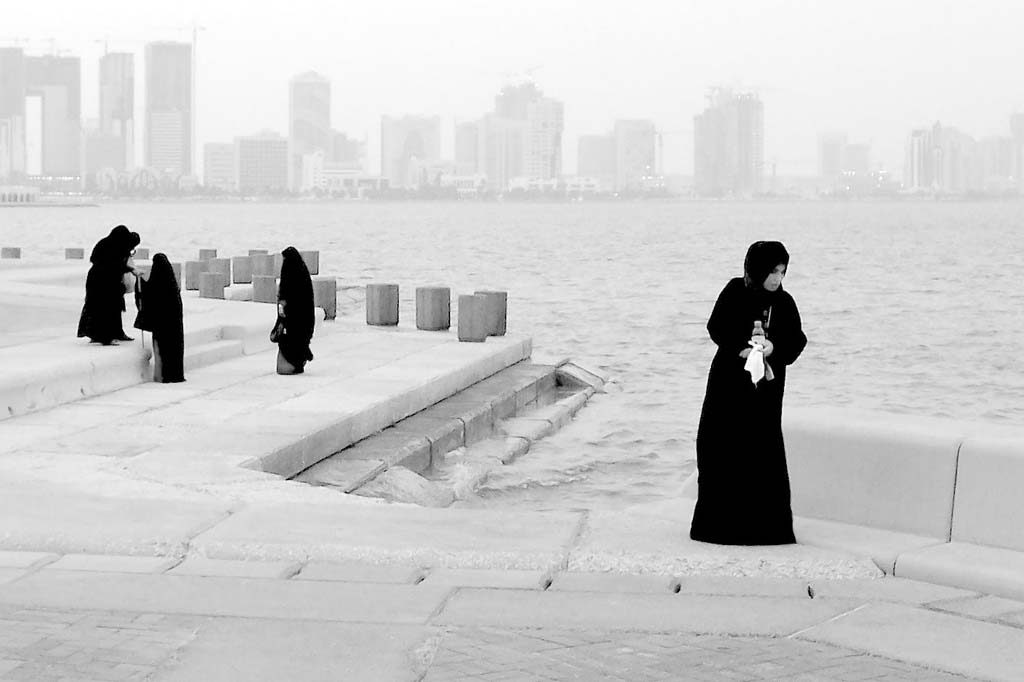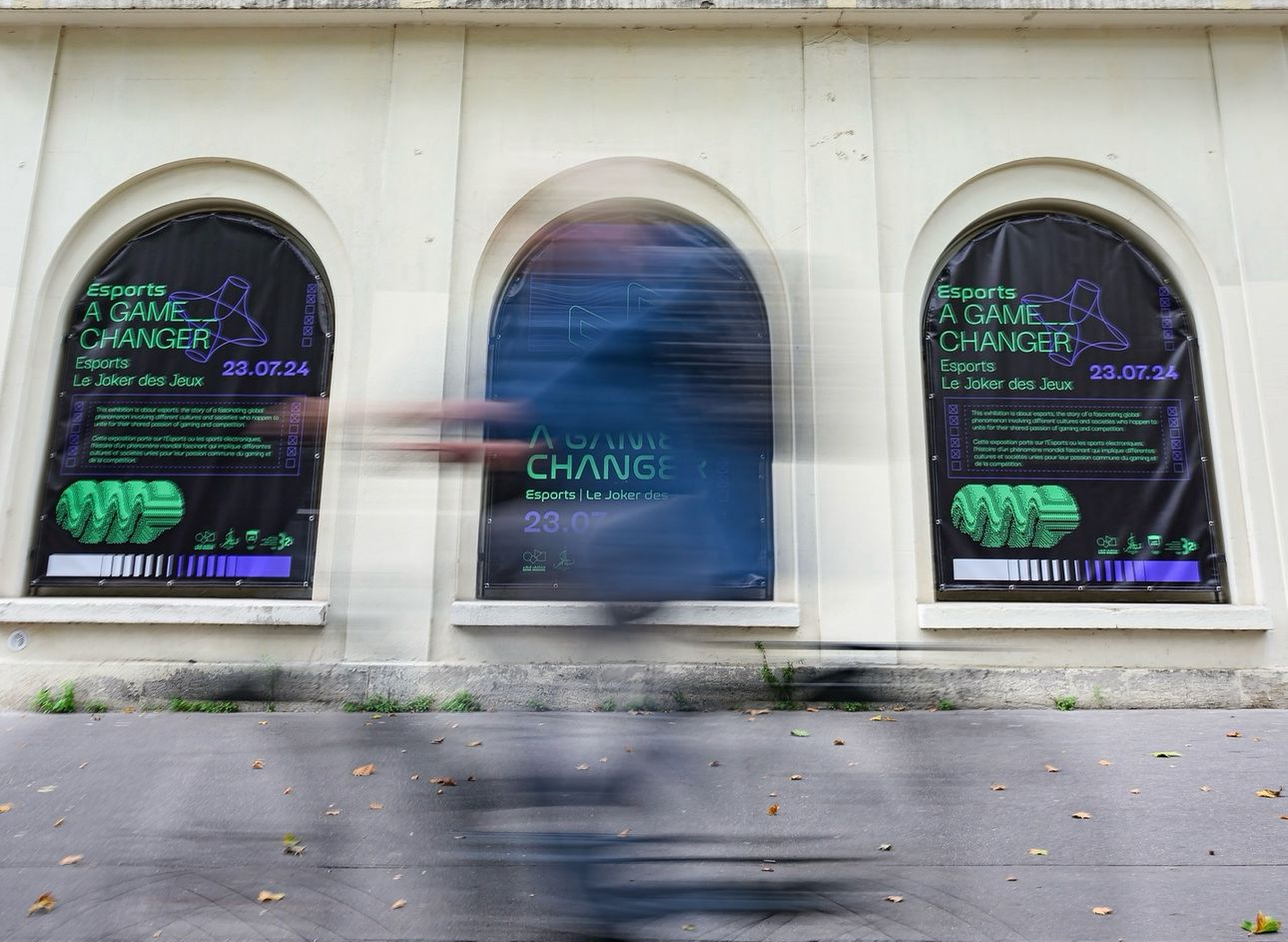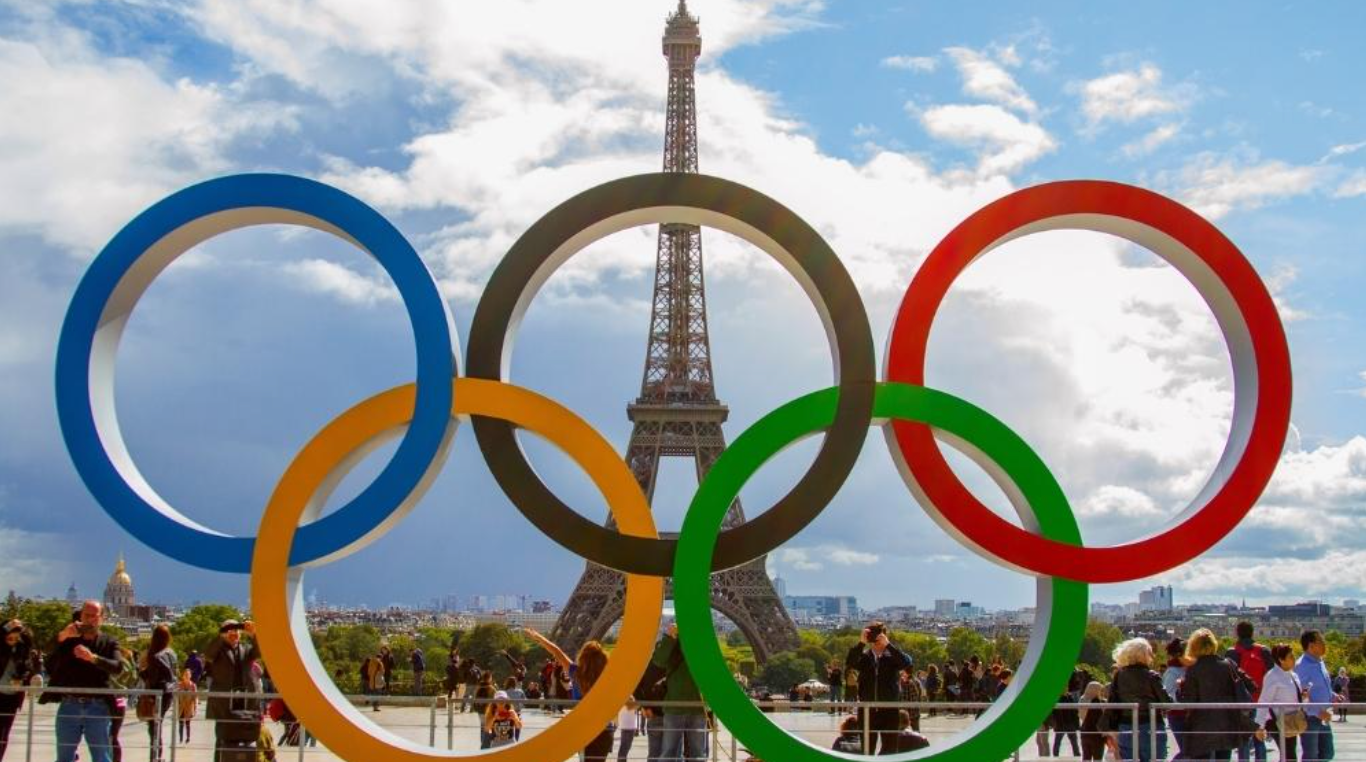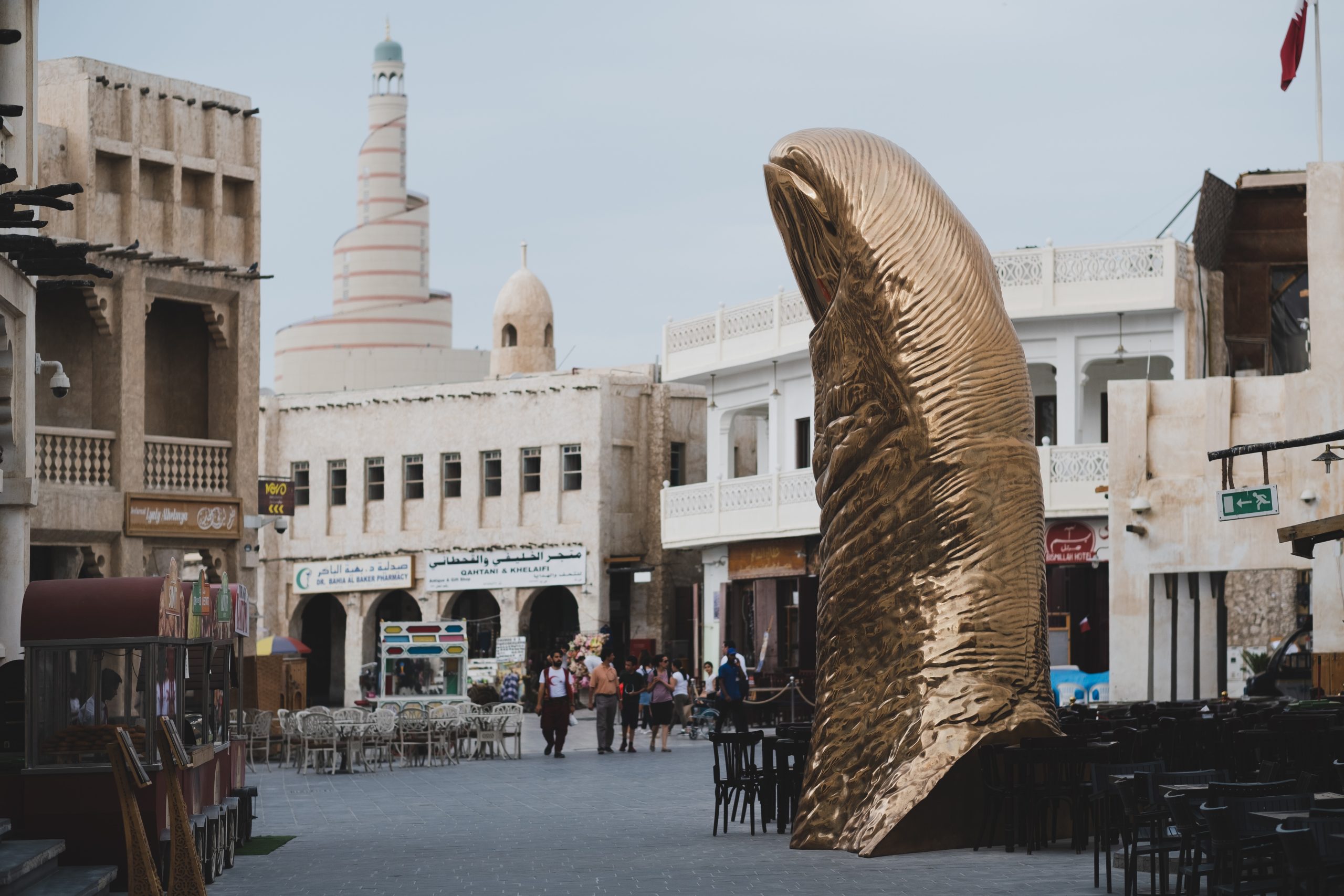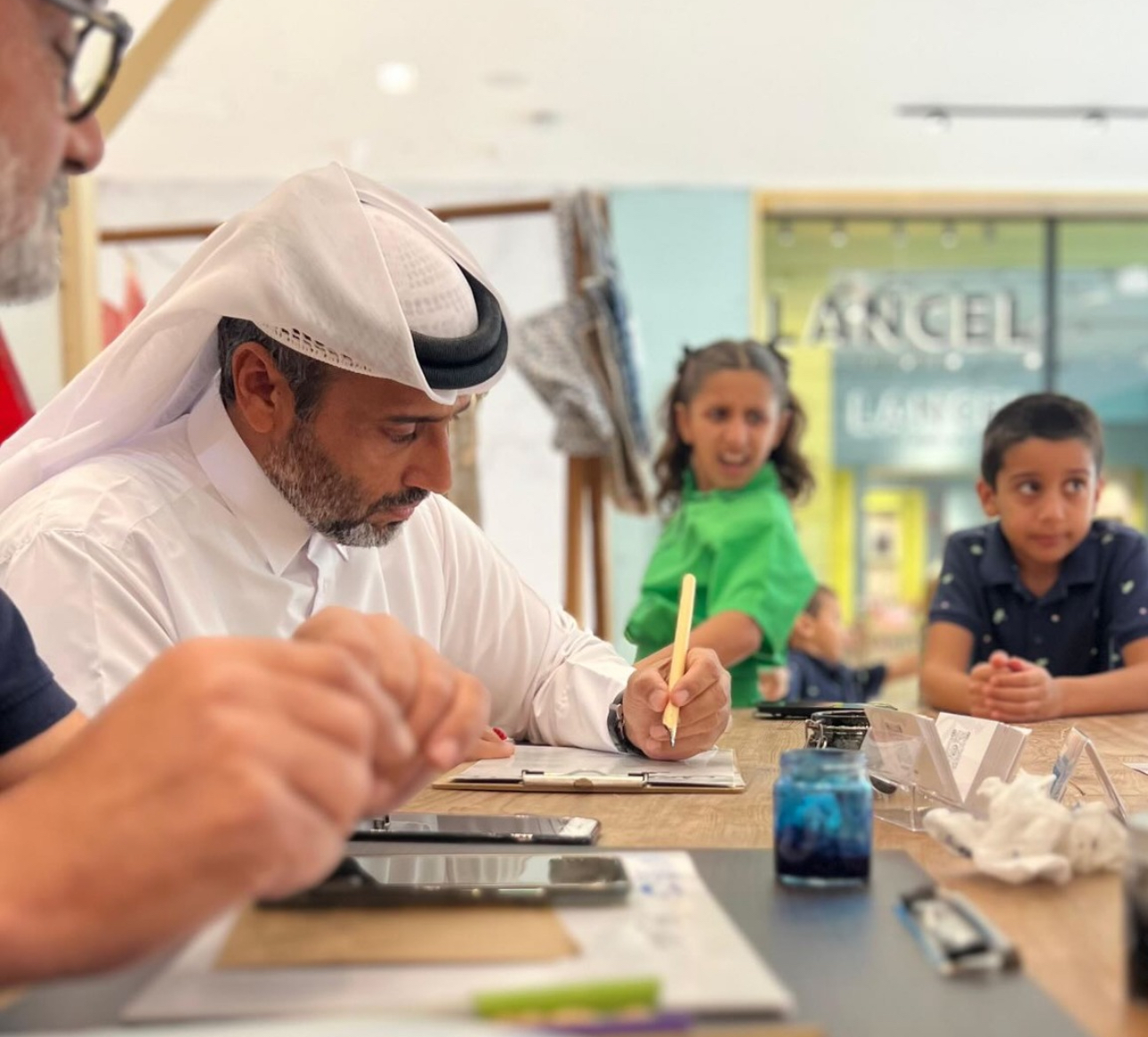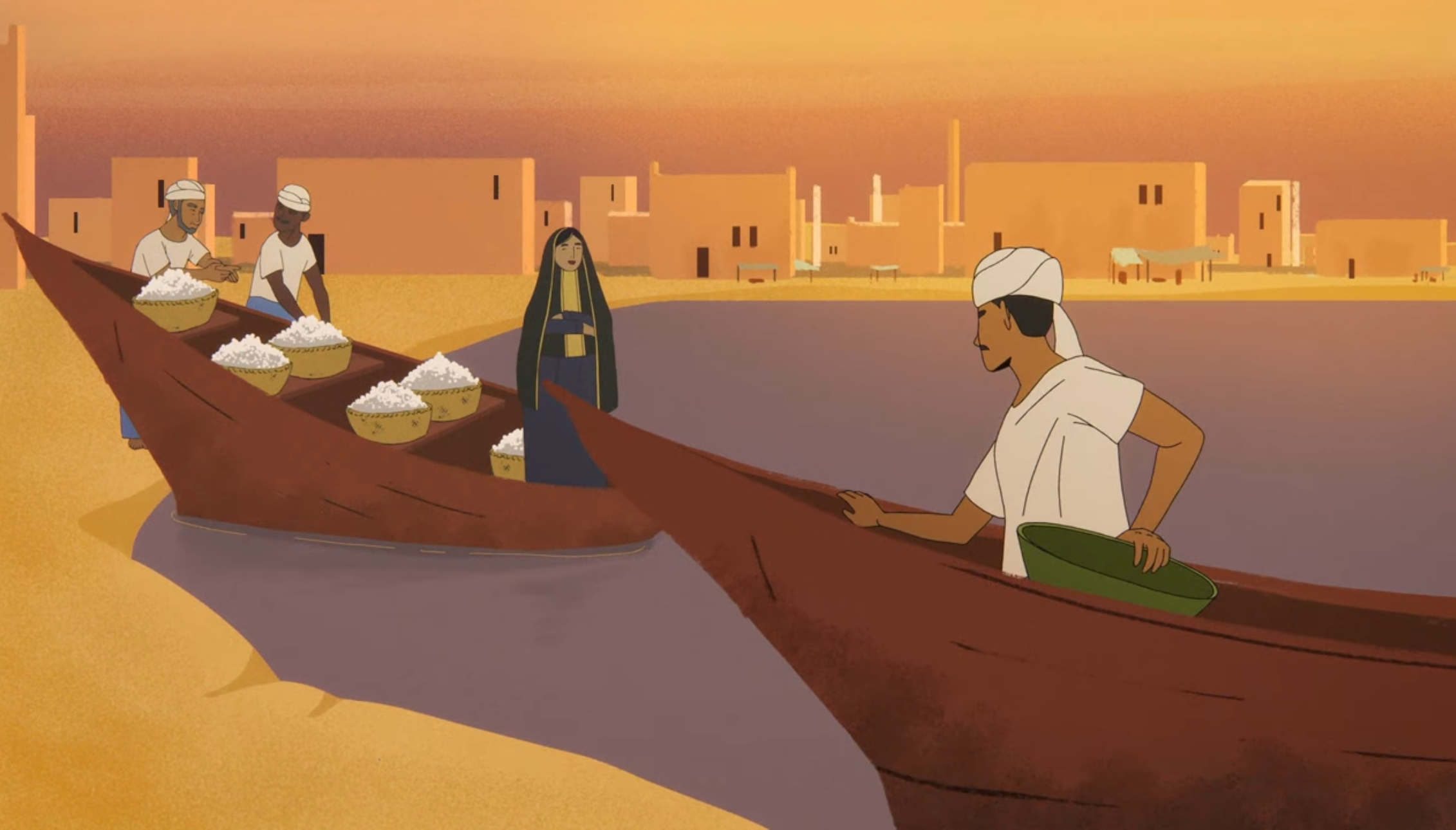
A university professor born to a Qatari father and a Lebanese mother has begun a debate on Twitter about the reality of being ‘half Qatari.’
Prompted by an article in Arabic daily Al Raya that suggested Qatari men are increasingly marrying non-Qatari women due to inflated demands for dowries, Dr. Amal Al-Malki, Associate Professor at Carnegie Mellon University in Qatar, began a discussion under the hashtag #ImHalfQatari.
Creating distorted images of how “foreign” women married to Qatari men look like! @Alraya_D Shame on u! pic.twitter.com/zbUMqzdmmZ
— Dr. Amal Al-Malki (@aalmalki) June 16, 2014
Al-Malki told Doha News that she created the hashtag to help raise awareness of issues which she said are “a fact of life for many” in Qatari society, including the inability of Qatari mothers to pass on citizenship to their children if they marry a foreigner:
“These children are denied citizenship on the basis that women cannot pass on their nationality to their children,” she told us. “Although the constitution states that women and men are equal in public rights and responsibilities, Qatari women are not treated as equals.”
She went on to explain that she believed that some ‘half Qataris’ are sidelined due to an ‘anxiety’ about foreigners within the community.
“Modernity has brought in an influx of foreigners to the country, making us a minority in our own land. We have developed an anxiety from non-Qataris unfortunately, and we tend to preserve our culture through making it hard for outsiders to ‘invade’ it. We speak of purity of lineage and cultural cohesion as if we live in an island of our own.”
Al-Malki also said that she believes the cultural mix in her family has benefited not just her, but also society as a whole.
“I am different and my differences make me stand out and achieve what hasn’t been achieved before, making me a pioneer,” she said. “The moment I embraced this, I became at peace with who I am and I try to pass on my life experience and my identity struggle to my students who face prejudices from their own communities because they speak a different language, or have different cultural practices.”
Reaction
So far, responses to Al-Malki’s tweets have been almost entirely positive, with other children of Qatari and non-Qatari parents sharing their experiences, and other members of the community showing their support.
Being born to a Qatari mother and a foreign father means that you’re doomed to all of sorts of institutional discrimination. #ImHalfQatari
— The Ibra (@Ibra_stark) June 17, 2014
I am Qatari and I fully recognize and greatly condemn the unjust treatment of children of Qatari mothers and foreign fathers. #ImHalfQatari
— هند (@Hindasari) June 17, 2014
Some, however, said they didn’t see the point of the campaign, whilst others said they felt they hadn’t been discriminated against:
@azza_alqasimi because it’s simply stupid and I’m half Qatari myself,I’m been treated the same:/ basically she’s trying to start problems
— Annabelle (@annsummers1993) June 20, 2014
@aalmalki I’m half Qatari & I haven’t experienced any sort of discrimination. I think if you exclude yourself, society will outcast you.
— f (@tamtoom_) June 17, 2014
As well as the hashtag, a Twitter handle has also been created which invites other half Qataris to share their experiences.
One such contributor writes:
“My mother is Qatari and my father is not. After getting acceptances in 4 universities in Education City, I applied for a scholarship with the Supreme Education Council 4 years ago and it was rejected for no reason.
I’ve now graduated and received no help from the SEC. I felt very helpless and that there was no justice in their decision. They say that the Supreme Education Council supports Qataris and children of Qataris but that wasn’t what I experienced.”
Are you the child of Qatari and non-Qatari parent? Thoughts?

